Sometimes when I speak to my children, my mother comes out of my mouth. I hear myself saying things like, “Because I’m the mom and I said so,” and “One day you will understand,” and “No! What are you thinking?” While I think most women hear a little of their mother in themselves from time to time, many of us have our own way of parenting and it’s not always good. Sometimes we say things to our kids that we shouldn’t, and while it doesn’t necessarily make us bad parents it doesn’t make us feel good about ourselves. Read on to find out which 15 things parenting experts think we need to stop saying to our children.
No
We all say no. I say it all the time. However, there is a more positive way to rephrase our requests to stop running, hitting your sister, acting like a crazed monkey escaped from the zoo. Parenting experts recommend we save “no” for important occasions, such as telling our kids not to dart out in front of traffic and rephrase our other commands in a kinder manner. For example, “Walk, please” is a lot kinder and less harsh than “No running!”
Stop Arguing With Me
Kids are curious and telling them to stop arguing with you is a way of telling them to stop questioning things they don’t understand and stop trying to make a point. Rather than telling them to stop arguing, tell your kids that while you understand that they want you to say something different, you will not change your mind.
Just You Wait
Guilty! I tell my daughters all the time just to wait until daddy gets home because he is going to be so disappointed in their behavior. However, this doesn’t do anything but strike fear in children instead of teaching a lesson. If the situation warrants, let your child inform her other parent what happened.
One More Time…
How many times have you told your child that if he doesn’t that to you one more time (he will never watch television again, go to the park again, eat another cookie)? It’s ineffective and it’s threatening. Instead, say to your child, “If you do that again, you will not get to read before bed tonight.” Offering and enforcing a consequence is far more effective than threatening something you probably won’t do.
That’s Not How You Do It
Telling a child that they’re doing something the wrong way hinders her ability to learn creativity. For example, if your child is coloring a tree pink and you tell her she’s wrong, she might think her creativity is wrong. Instead, either let it go or tell her that while you love her pink tree and you wish trees were pink, the assignment called for a green tree.
Well, That’s What Happens
I do this, too. When my daughter bumps her arm on the edge of the table when she’s running through the living room, I tend to say things like, “Well, that’s what happens when you run in the house,” to her. Try to teach your lesson in a positive manner that also comforts your child. Instead of basically telling my children that I know the best and they are injured because they don’t, I could say, “Boo-boos happen when you run in the house. I know it hurts and it’s because of this boo-boo that we have these rules.”
You Can’t
When you tell a child she can’t do something, that thought sticks with her. You are a mirror of her own thoughts about herself, which is why you should never tell her she cannot do something.
You Won’t
Telling a child she won’t be able to do something when she expresses an interest is difficult for her to comprehend and it might make her give up her dreams. For example, when you say, “You won’t get a scholarship to college because no one in our family ever gets scholarships,” you might as well forbid her from filling out scholarship applications someday.
Because I Said So
Children learn to understand, and maybe even behave a little better, when they understand the reason behind something, and “because I said so,” is not a reason. Instead of telling your child she cannot jump on the bed because you said so, tell her jumping is not allowed because it causes injury or pain.
We Are…
Leaving the park, going home right now, not going to cry when we walk to the car; whatever “we” are about to do is probably something she doesn’t want to do and telling her “we” are doing to do it sounds more like a command than an acknowledgement of her feelings and it’s more likely to cause her to have a meltdown. Instead, if you have to go home tell her that you have to go home and while you understand that she doesn’t want to leave her friend’s house, she has to.
You Are Really Making Me Angry
No one can make you feel anything because you are in control of your own emotions. Don’t tell your child that she is making you angry or she’s going to think she has the power to make you feel something.
You Are So Bad Right Now
When you tell your kids that they are something negative, such as bad, mean, disrespectful or awful, they might start to feel that this is actually true. Instead, tell them that their behavior is so bad, mean, disrespectful or awful. Your kids can control their behavior and they know this. They cannot change who or how they are, which is why you don’t want to tell them they are anything negative or risk them actually believing it.
Good
Instead of praising your child by saying things like, “Good Job” try being specific. For example, when you say, “You did so good” or “You were awesome” it is more personal and it sounds more meaningful. Positive reinforcement is a great and effective parenting method; personalizing it only makes it better.
I Can’t Stand
Telling your kid that you can’t stand something about them is a really harsh way to talk to a child with sensitive feelings. Of course you can’t stand their bad behavior, but the words are too harsh, according to parenting experts.
I Love You, But I Don’t Like You Right Now
Kids are too young to understand what this really means. They understand what like and dislike are and hearing that from you can be psychologically damaging for kids.



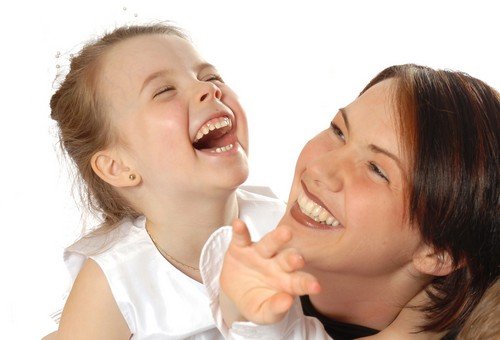

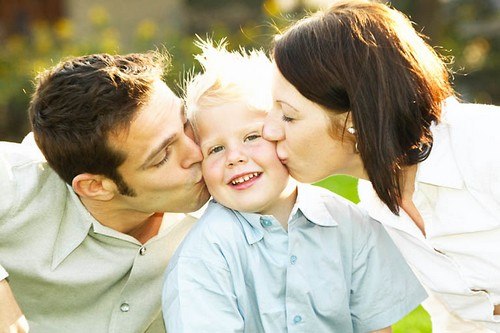


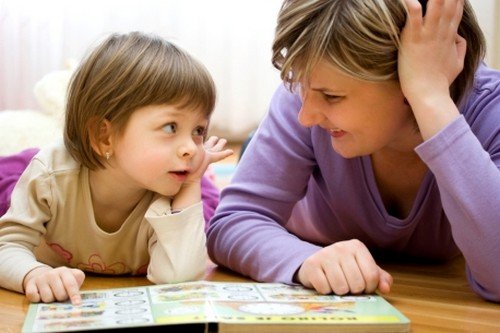




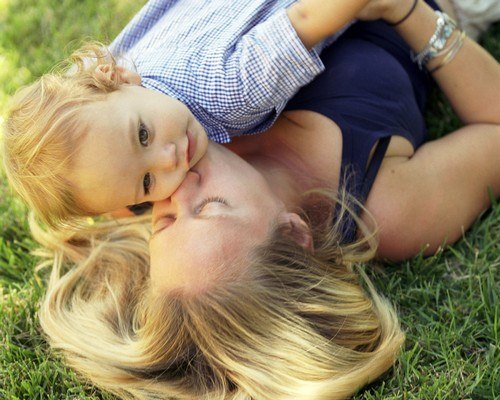
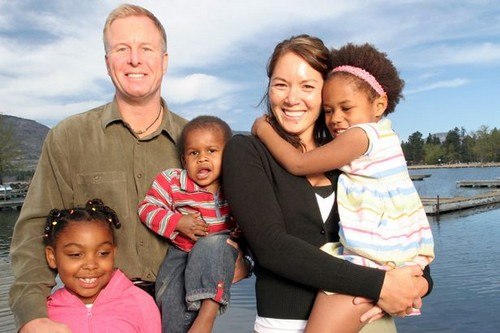
Comments
Loading…